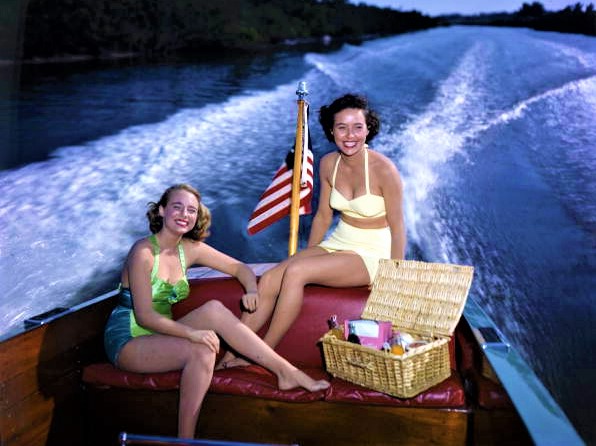
It costs a lot to own a recreational boat on the face, and when you consider how often it will get used, they are even more expensive on a per hour or per day basis.
My neighbor recently put his boat for sale in the driveway. I didn’t even know he had a boat because it never left the garage. It was a 15-year-old, 18-foot bowrider with 100 hours on it. He bought it for $20k and sold it for $10k. Getting half his money back after 15 years seems pretty good, right? Well, let’s break his total cost to own that boat:
Annual Costs to Own an 18-foot Power Boat
- $10k in depreciation comes out to $100 per hour or $666/year
- Cost of money to have $20k tied up for 15 years: $700/year (at 3.5%)
- Insurance: $400/year
- Annual maintenance: $500/year
- He has a garage to store it. However, if you don’t, add another $1,200-$2,400/year storage.
- If you want to have a dock for the summer, add another $600-$1,200/year
- He has an SUV to tow the boat, but if you don’t already have a suitable tow vehicle, consider the cost of buying and fueling a heavier vehicle.
So, in this example, a modest 18-footer costs $2,250-$5,000 per year with minimal use, excluding fuel. That’s $300-$700 per engine hour. Consider this a conservative estimate since buying this boat new today would cost twice as much at $40,000.
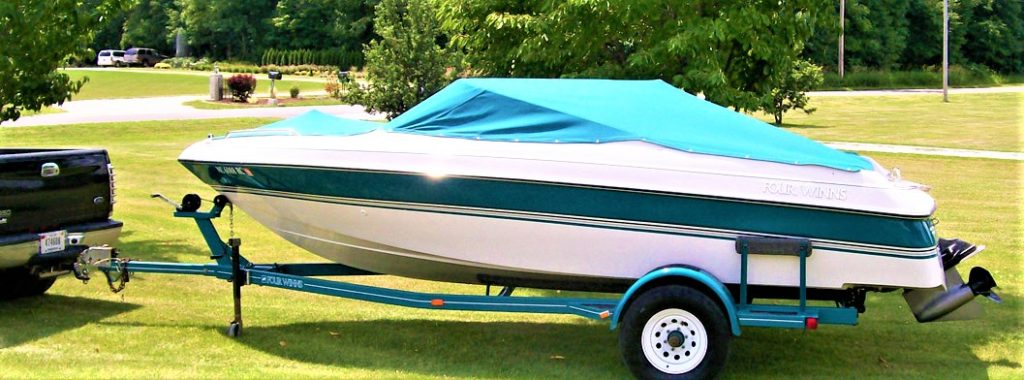
Instead of the headaches that come with being tied down to your own boat, imagine putting that money towards renting someone else’s headache a few times a year.
If you own a boat, your destinations are somewhat limited, especially if it isn’t trailerable…and if it is on a trailer, how much time do you spend at the ramp? However, when renting, you can go to the best places for boating, and rent the perfect boat. Wait, there’s no perfect boat, right? Every boat is a sacrifice. But when renting, you can get closer to the ideal boat for the specific group size, weather, destination, and activity for a particular trip.
Another hidden savings from renting is the ability to split the bill: when you rent a boat with friends, you’ll probably split the costs of that day. But if you own that same boat, will your friends chip in, or even help launch, clean and store it, when you take them out? Maybe that sounds cheap or petty to you, but the cost of owning a boat is neither cheap or petty.
Even if you do want to own a boat, renting for a few seasons can help you decide what you want and how you’ll use the boat, or give you an opportunity to get the whole thing out of your system for a few less dollars.
Options for Renting
Rent a Day Boat by the Hour from the Dock
Most major cities and resort areas with boating have day boat rentals available from a dock in the water. These can range from small outboard fishing boats, to jet skis, to bow riders, and sometimes even sailboats. Renting a boat that’s already in the water can be more convenient and less stressful than launching from a busy boat ramp.
Here in Portland, SK Rentals offers this option for $300-$500 per day. At this rate, you can enjoy 5-15 days on the water each year for the same price as owning my neighbor’s 18-footer above.
Renting also gives you more flexibility in where to go boating. We recently rented a Glacier Bay 2240 in Maui for $800. If you live in mainland US and spent $100k to buy this power catamaran, how would you get it to Hawaii?
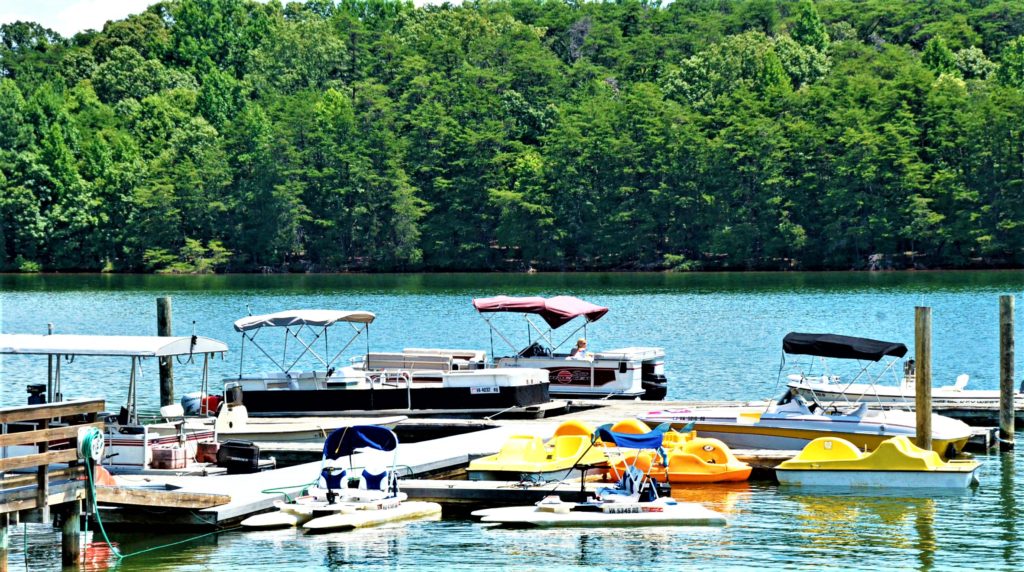
Rent on a trailer
Rent a boat on a trailer and tow it to the ramp. Some renters will meet you at the ramp and help put the boat in the water if the ramp you are using is nearby. Otherwise, you’ll need a vehicle capable of towing the boat you rent. The cost will be similar to renting a boat that’s already in the water. The advantage here is that you can take the boat to water that might not have rental facilities.
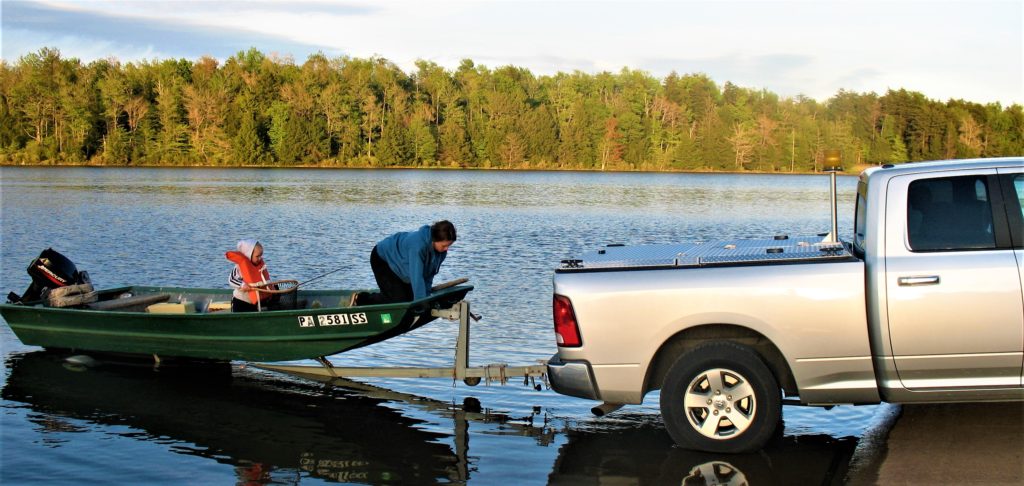
Kayaks and Paddleboards
Many kayak and paddleboard rental companies are located on the water, so you can launch where you rent. Some outfits will rent them for cartopping so you can take them wherever you want, and some offer both options. Rental companies offering cartopping often rent roof racks if you don’t have one. Some equipment can be strapped right to your roof, but I prefer crossbars to keep from scratching the paint…especially if they get sand/dirt on them on the way out of the water. Inflatable options continue to improve: with an inflatable kayak or paddleboard, there’s no need for a roof rack and you’ll get a more stable craft, but it can take a few more minutes to get on the water and they can be harder to maneuver in the wind.
Paddling is one of the cheapest, simplest ways to get out on the water. If you’ve got time and energy, you can also cover some great distances in a kayak. Good sea kayaks will have room to pack camping gear for overnight trips. In fact, the Everglades Challenge is a paddling event that covers 300 miles in eight days.
Here in Portland, there are several outfitters, such as Alder Creek and Portland Kayak Company, that rent for as low as $65 per day, or $225 for the week. There are many locations on various rivers that rent for even less by the hour. If you find yourself paddling a lot, and have a place to store them, this is one category in which owning your boat might be more convenient and cost less than renting. However, you’ll still likely rent if you paddle while on vacation far from home.
In Kauai, Hawaii you can see some of the most beautiful waterfalls in the world on a rental kayak for $30 – $150.
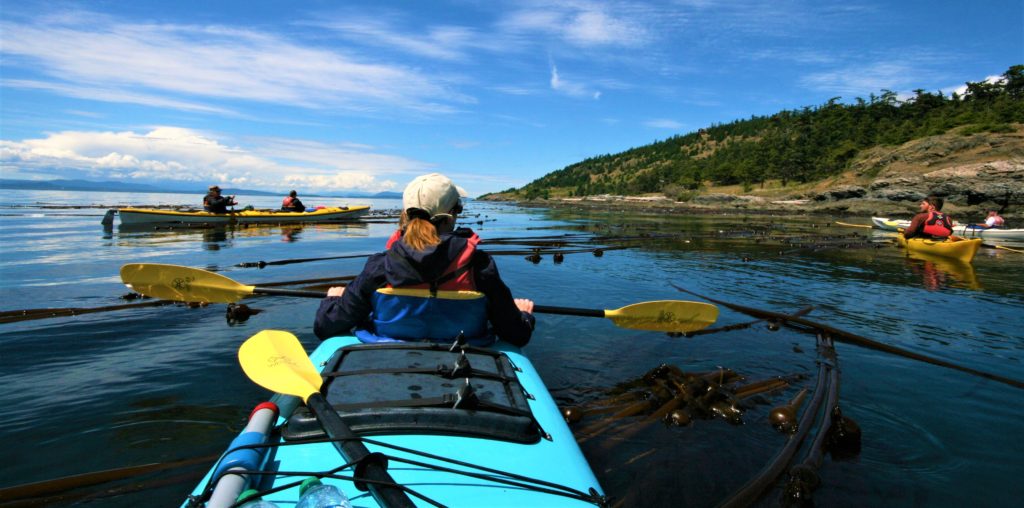
Clubs
There are options for fractional ownership of boats of all kinds. In a fractional ownership arrangement, you pay an upfront fee plus a monthly fee for certain number of days on the water using a shared fleet of boats each year. Some of these clubs have options that allow you to use your shares in other cities, which allows more flexibility than owning a boat in one place.
Some cities also have sailing clubs that allow access to a fleet of boats for a monthly membership fee; these memberships are often all inclusive for day rentals with additional fees for multi-day cruises. An example here in Portland is the Island Sailing Club, which costs $189 per month after a $750 initiation fee (this mostly covers your first sailing course). Membership here costs about the same as you would spend just to store or dock your own boat.
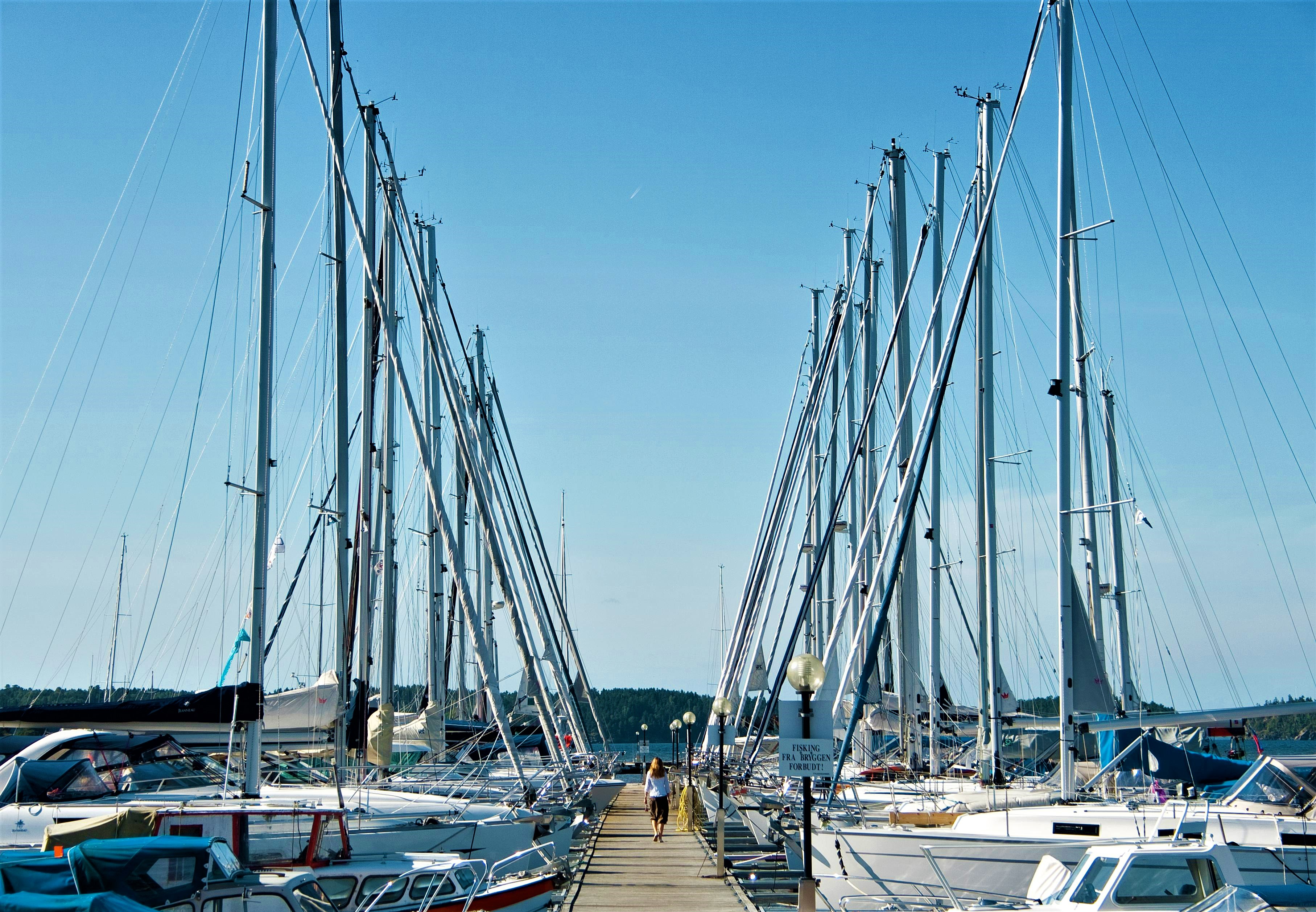
Bareboat Charter
The term ‘bareboat’ is a juxtaposition to a crewed charter, which comes with a crew that is responsible for the boat, supplies, and your safety. A bareboat is just the boat: you are responsible for provisions (food), fuel, damage (insurance options are available), and skippering (driving, navigating, anchoring) the boat. Conceptually, this is similar to the dock rentals discussed above, but these boats tend to be yachts from 30-60 feet in length with overnight accommodations that you rent for days or weeks at a time for a longer ‘cruise’. Sailboats are the most common, but motor yachts are available too. Renting a yacht for a week is the closest many of us can come to having our own private island.
The cost of these rentals varies widely depending on the boat size, season and location. Expect to spend $500-$2,500 per day. If you don’t think you have the know how to take responsibility for a six figure yacht on the ocean, formal training is readily available.
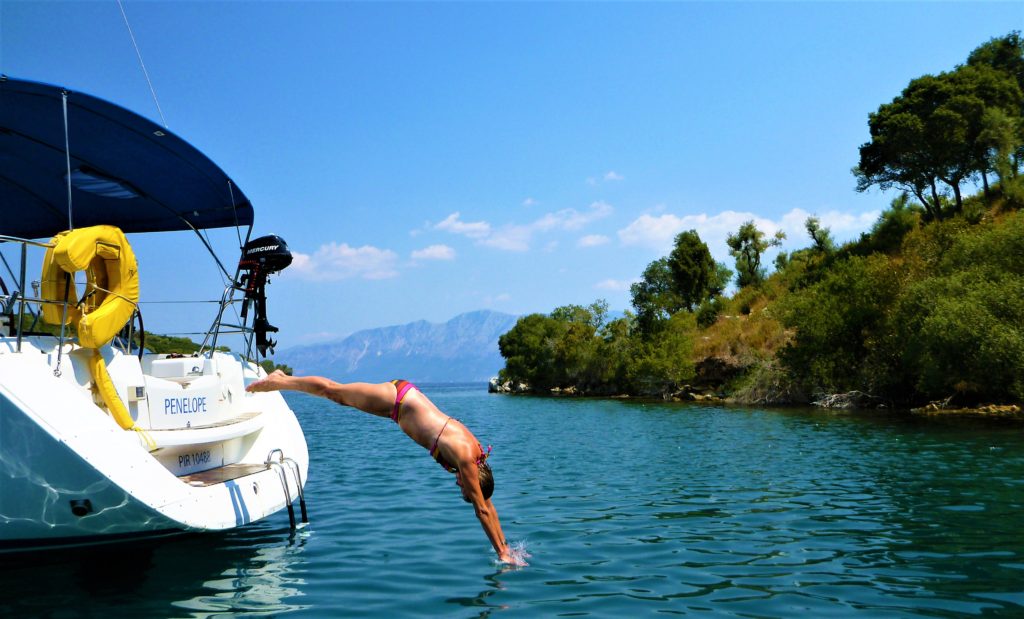
Captained Charters: fishing, whale watching, etc
There are many boats with captains that will take groups for fishing trips, whale watching, and snorkeling. These can be private charters: just for your group, or shared charters with whatever strangers also booked that day.
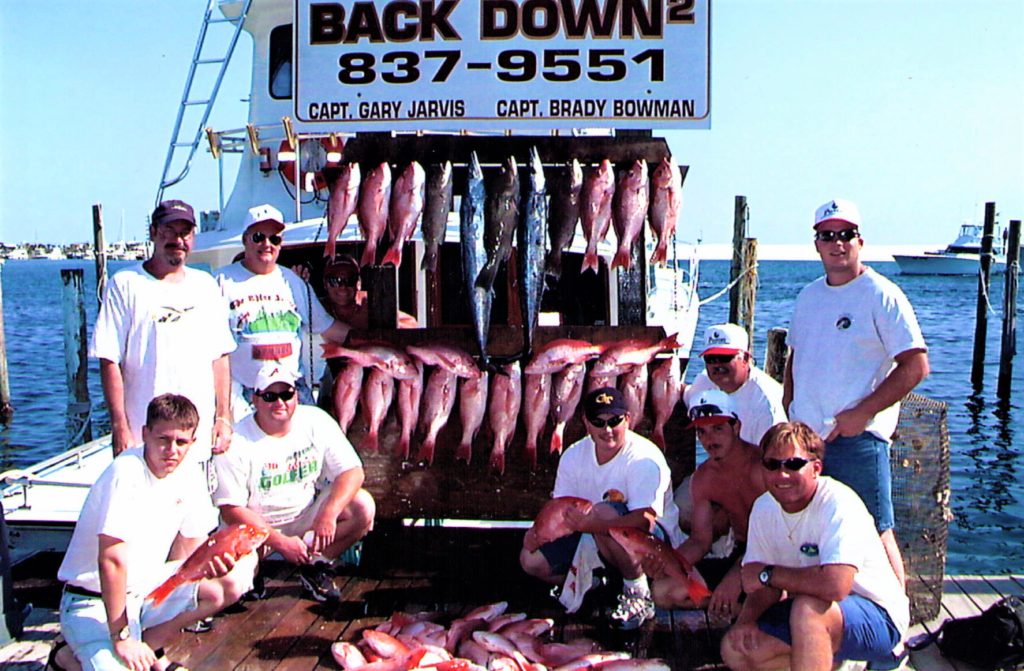
Peer to Peer
Internet companies have begun in the last few years to build networks of boat owners renting boats of all sizes and types by the hour or by the day.
The Busy Boater assumes that you have limited time and limited money to invest in boating. What that means to each of us is different, so I’ll try to be specific as possible on both to help you make informed decisions.

How could your neighbor have lost so much money in selling his boat in this environment we are in right now?
Also seems like I should charge my friends when the go out on my boat.
He sold it pre-covid. I guess the current owner that has a $10,000 boat that’s currently worth $15,000 has done pretty well so far. However, buying a boat in this hot market today will probably mean even bigger losses when the market returns to normal in a few years.